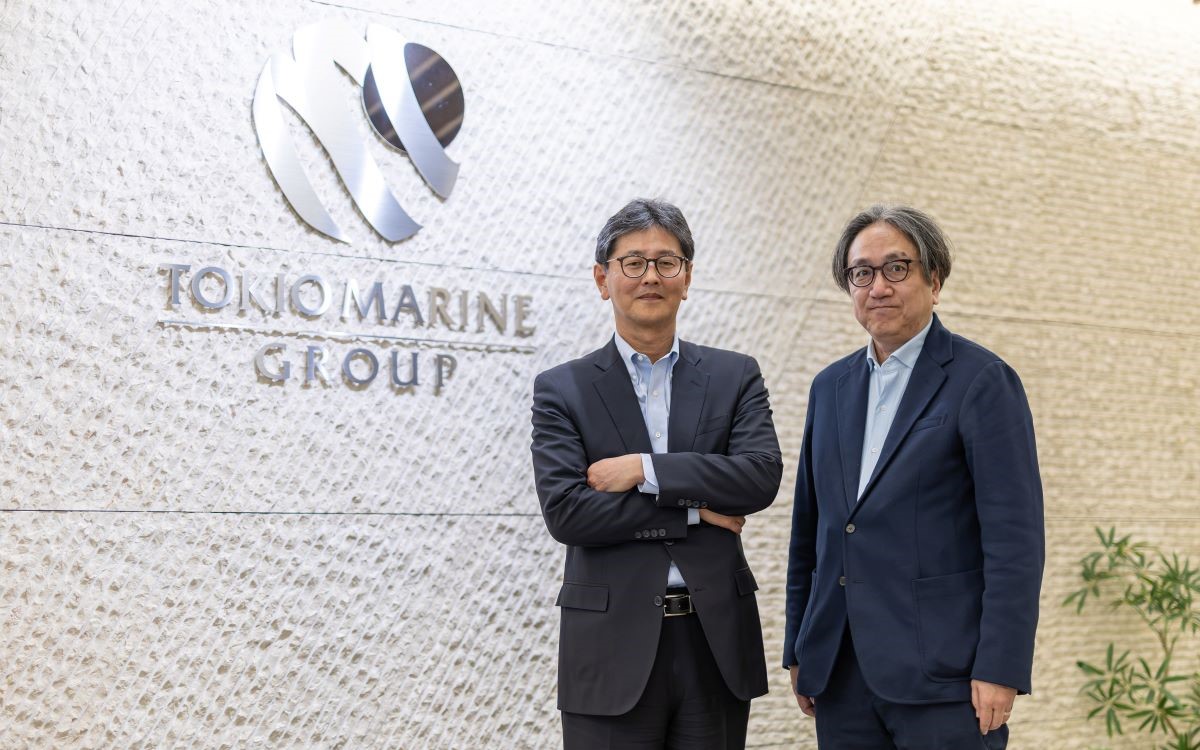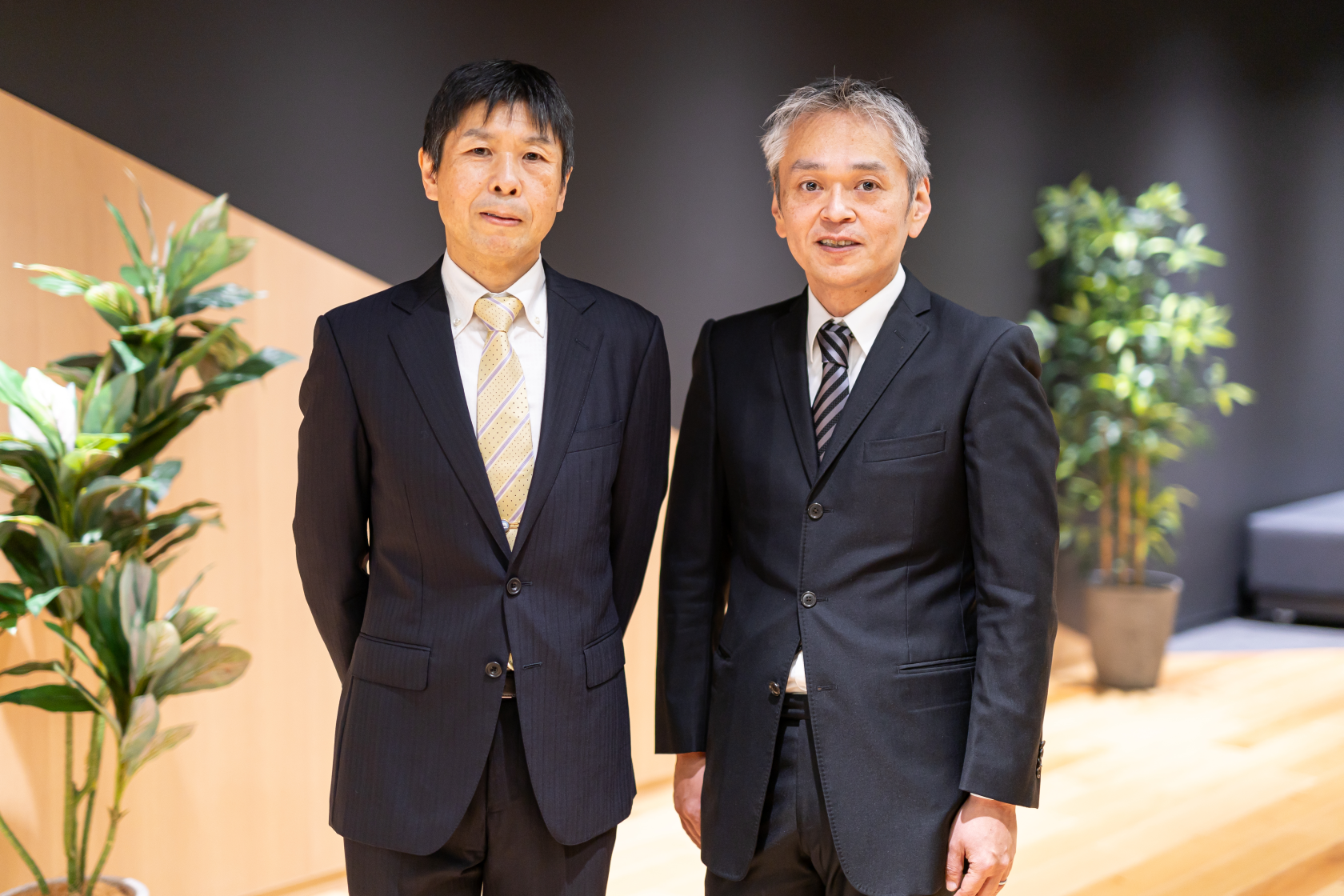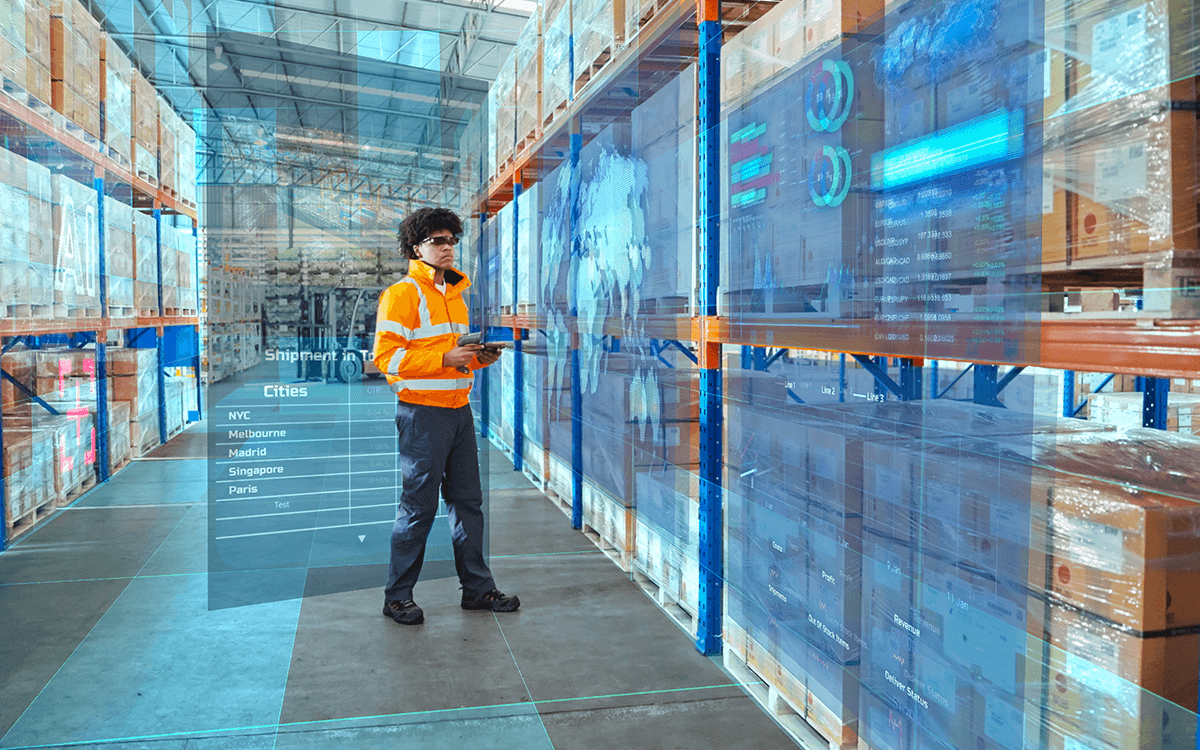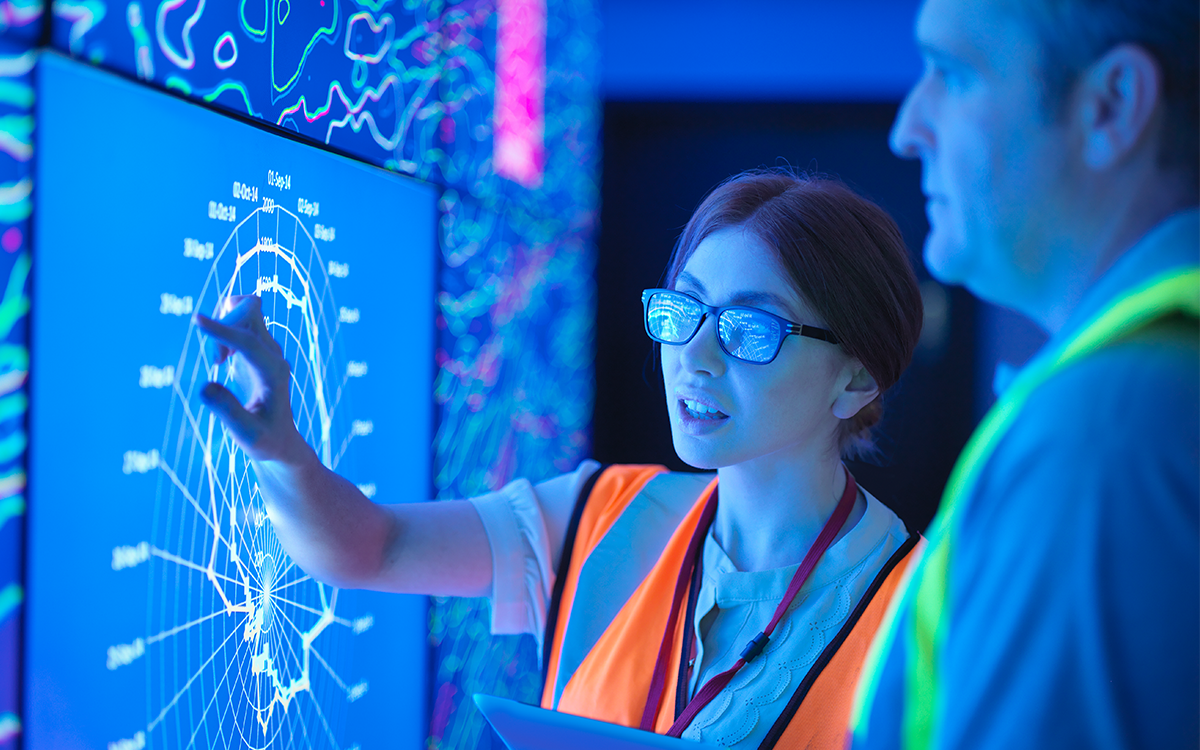A new era for manufacturing – The role of sustainability transformation
Fujitsu / July 31, 2023
We’re all aware of just how important sustainability is for all forms of modern business, but for manufacturing, it’s now utterly crucial. Consumer expectations are changing fast, with a focus on sustainable, ethical products now becoming one of the key purchasing factors for many. So, for manufacturing organizations, failing to keep up with changing expectations could be terminal.
But there’s more for manufacturers to gain from sustainability than just market share. In this blog, we will examine sustainability transformation and its role in helping manufacturing take a giant leap forward. We’ll also look at the technology that’s already making a significant difference within the industry, helping to win customers, support individuals, and transform business models for a more efficient, environmentally-sound future, on and off the production line.
What is sustainability transformation?
Sustainability transformation, or SX, is quite the hot topic at the moment. It’s the practice of transforming business in a way that drives positive, lasting change for our environment, our economies, and our society. It’s about giving organizations purposes besides pure finance, aligning with sustainability goals, and actively taking steps to help the wider world. It involves changing corporate strategy, culture, DNA, and more, to deliver a fairer, healthier, happier world for all.
There’s more to SX than just reducing carbon emissions too. It’s about changing how we consume, how we develop, and how we think about products. As part of this, it’s looking increasingly inevitable that we will have to start adopting a more circular mindset.
While this might be quite the departure from the classic industrial lifecycle, it’s the only way to ensure we can meet demand without consuming every resource on Earth. But to do this, industries need to think of new ways of reducing waste and incorporating recycled materials into their products. With this comes new models of doing business, including subscriptions and rentals, making this a very exciting change for the world.
The public is also well aware of this need to change our ways of doing business. Perceptions around the importance of sustainability and ethical business practices are changing rapidly, and not taking it seriously could cost a manufacturer greatly. Customers won’t interact with irresponsible businesses anymore, they’ll actively choose products or services based on their environmental credentials, not just the overall service. The same goes for other environmentally-minded businesses. They want to work with partners who make sustainability goals a priority like they do.
And all of this is before we mention the role new legislation will have. Increasingly tough standards across the world will force businesses to shift their models, or risk facing significant penalties. It’s unpleasant, but it’s also necessary.
What does SX mean for manufacturing?
So, what does success in SX look like? It’s about cleaning up every element of a product lifecycle. From how you source your raw materials, to the manufacturing techniques and approaches you use, the recyclability and impact of products produced, and how you handle value chain issues outside of your control, including global trade disruption and exploitation.
Regulatory pressure has been growing recently, as governments hope to stamp out practices that negatively impact people and the environment. Failing to meet these new standards will attract fines and potentially greater problems, such as enforcement and reputational damage. If you’re proactive though, you can lead the change, rather than be led by it, allowing you to justifiably position yourself as a more responsible manufacturer than rivals who simply meet regulatory standards, not exceed them.
Fortunately, Fujitsu Uvance has been supporting SX for years. We know how the right technology can help simplify the process of transforming, and meeting targets like the UN Sustainable Development Goals (SDGs), as well as business specific ESG targets. Our expertise stretches across industries, meaning we’re able to support a wide range of organizations, including major manufacturers.
Creating more secure, transparent supply chains
A robust and capable supply chain is an essential component of SX. However, this goal can only be achieved if all members of the supply chain are treated fairly and can be fully and safely integrated. These goals also apply to the food industry.
As a major food staple in a $450bn market, rice is crucial to the daily nutrition of the world. So, Rice Exchange is aiming to simplify the trade of rice for small-scale farmers across the globe through its Ricex marketplace.
The new platform is built on Fujitsu’s Blockchain and Distributed Ledger Technology and aims to provide a secure, traceable, and transparent system for everyone involved. As well as being fairer, the platform will also result in at least 20% savings for stakeholders and 90% savings in the time it takes to trade.
SX and circularity
We’ve already touched upon the rising importance of circularity. But there are many elements that go into achieving it. First off, it’s important to remember that nobody can effectively become circular on their own. It’s a process that requires co-operation from different authorities, businesses, and the entire value chain. Fortunately, over the last decade, digitalization has led to individual factories becoming more connected and smarter.
In the next few years, manufacturing plants will become increasingly interconnected and create together real value creation networks. This paradigm shift towards manufacturing-as-a-service will also underline the importance of thinking and acting in connected ecosystems.
But with this change comes an enormous increase in data requirements and complexity. So, trustworthy mechanisms, clear strategy, and professional operation will become essential to achieving sustainable results. Whether the target is carbon neutrality, circularity, or even carbon negativity, the right approach, coupled with the right technology, will make all the difference.
Fujitsu Track and Trust is our digital ledger technology for value chain transparency and validation – and it’s a great place to start. In order to meet your organization’s sustainability targets, you need to look at every aspect of a value chain. Track and Trust can be used to enhance value chain accountability, leading to greater awareness of environmental challenges, while also enhancing agility and flexibility for organizations.
Digital twin technology is also an excellent way of reducing costs and lowering an operational carbon footprint. Whether it’s via streamlined logistics that optimize delivery journeys, or shared manufacturing facilities that prevent the need for multiple businesses running similar manufacturing facilities with unused capacities, it’s possible to take significant steps towards a lower footprint through smarter use of your existing systems.
It's time to go sustainable
Rivals won’t wait around. Customer expectations won’t stop. So, there’s never been a better time to accelerate down the path to cleaner, fairer, more circular, better manufacturing. Of course, Fujitsu Uvance is committed to supporting manufacturers become more successful and sustainable, offering innovative solutions to speed up transformation and reduce environmental impact.
Our advanced, brand-agnostic technology can help businesses like yours make smarter, faster, more informed decisions, while identifying ethical and environmental challenges within your organization. Together, we can create a more purposeful, environmentally responsible future for your business.
Innovative solutions that address business challenges and solve societal issues
Uvance
Fujitsu established its new purpose in 2020, taking a new path to transform into a business based on the ideal vision of society to realize a more sustainable world. As it envisions the problems that it anticipates will arise in 2030, Fujitsu has identified seven key focus areas to form the basis of Uvance.
Read more
Related information
Editor's Picks













